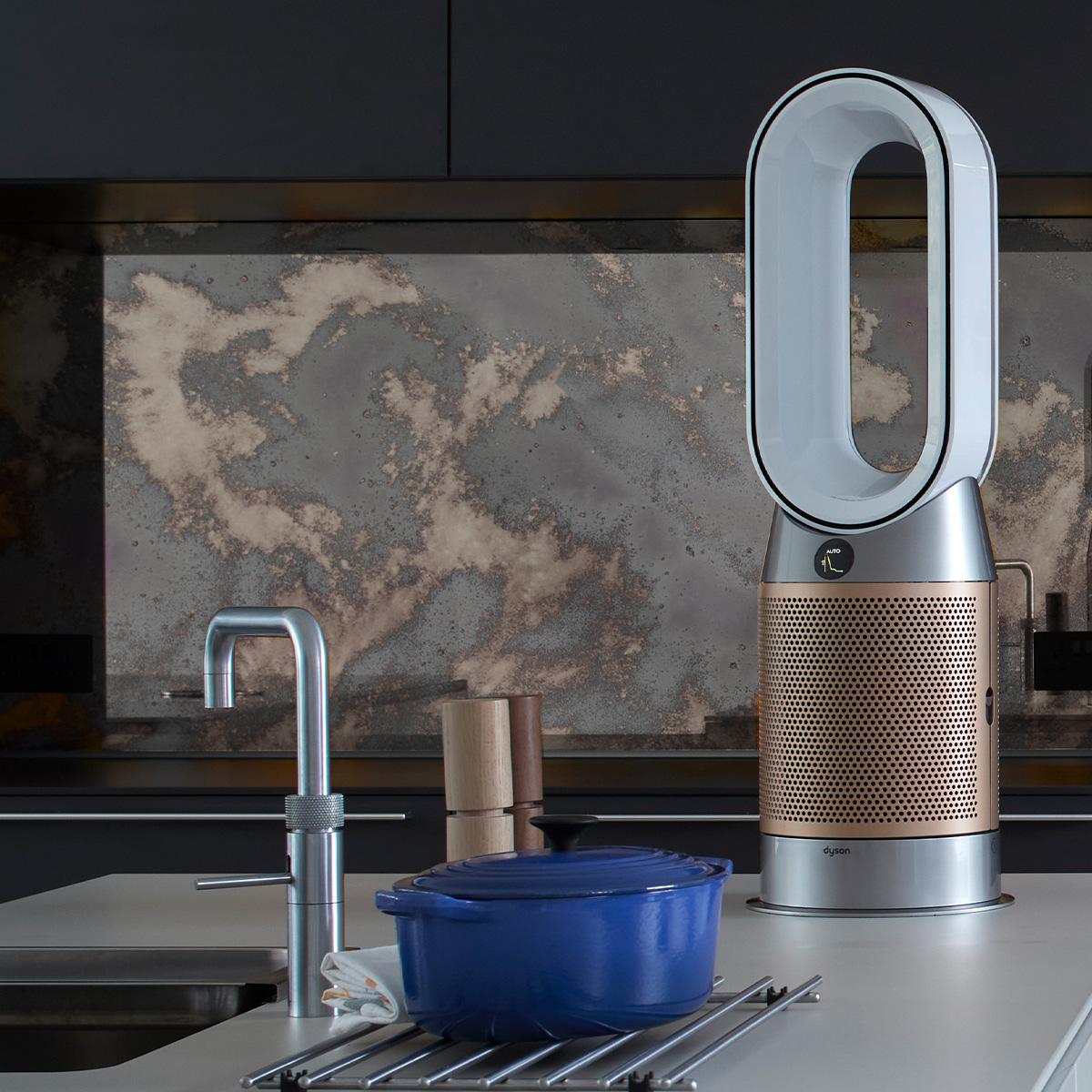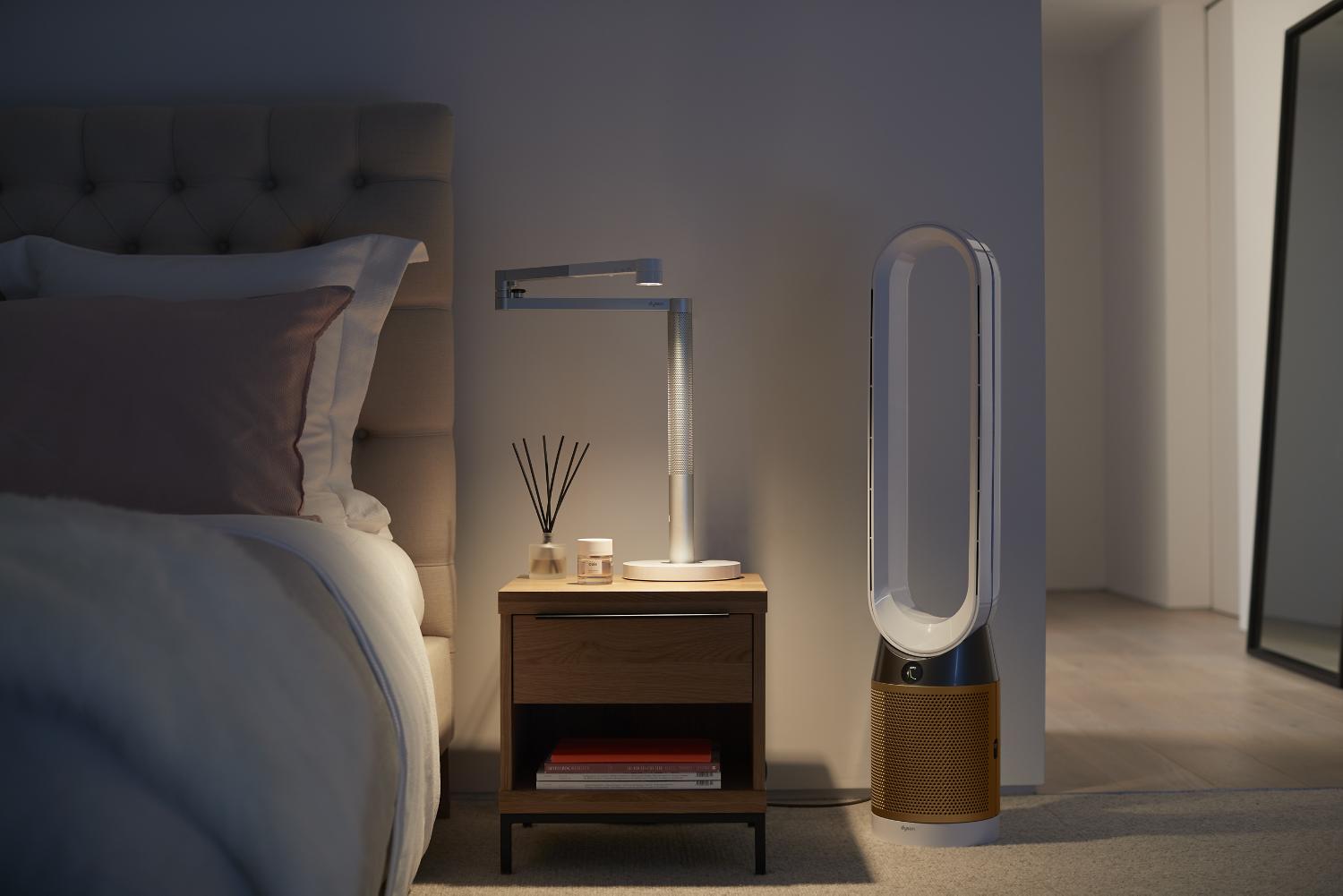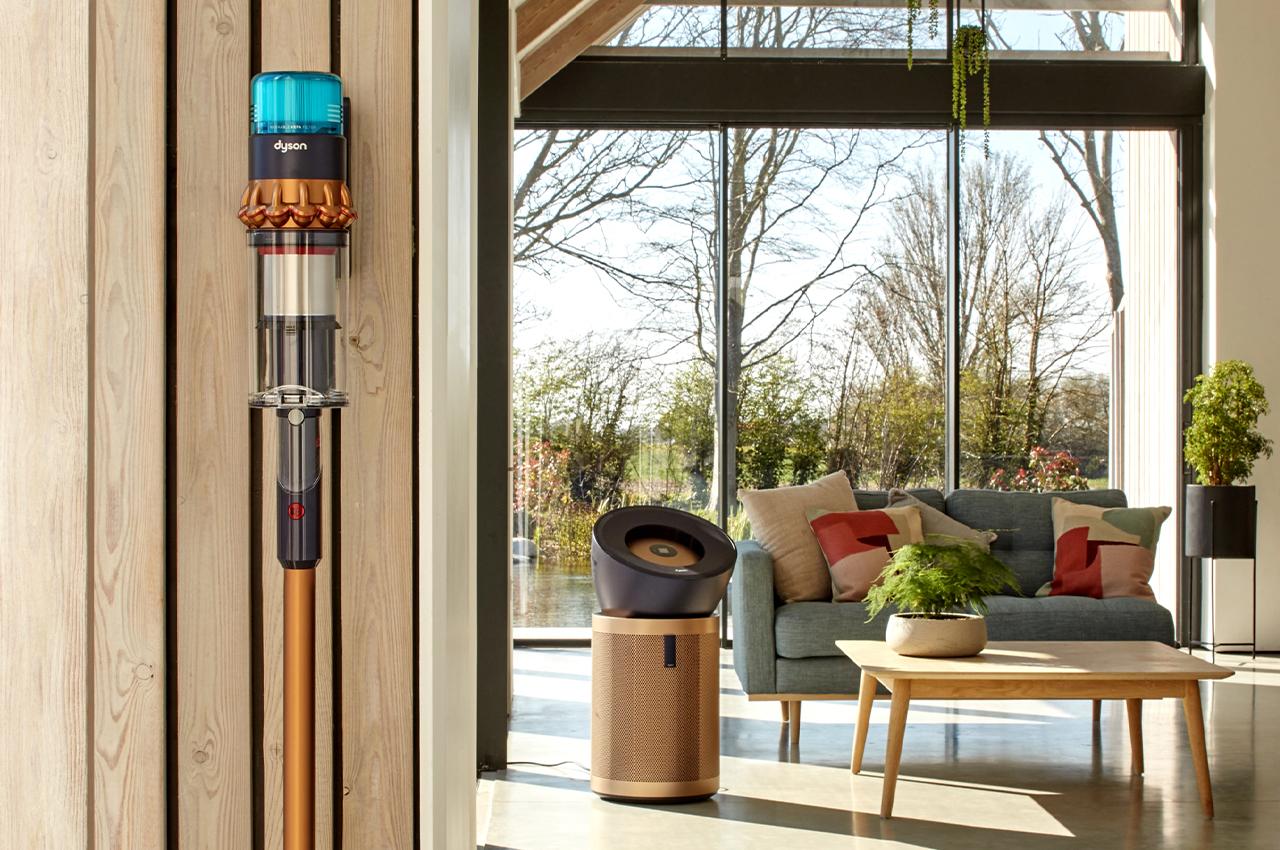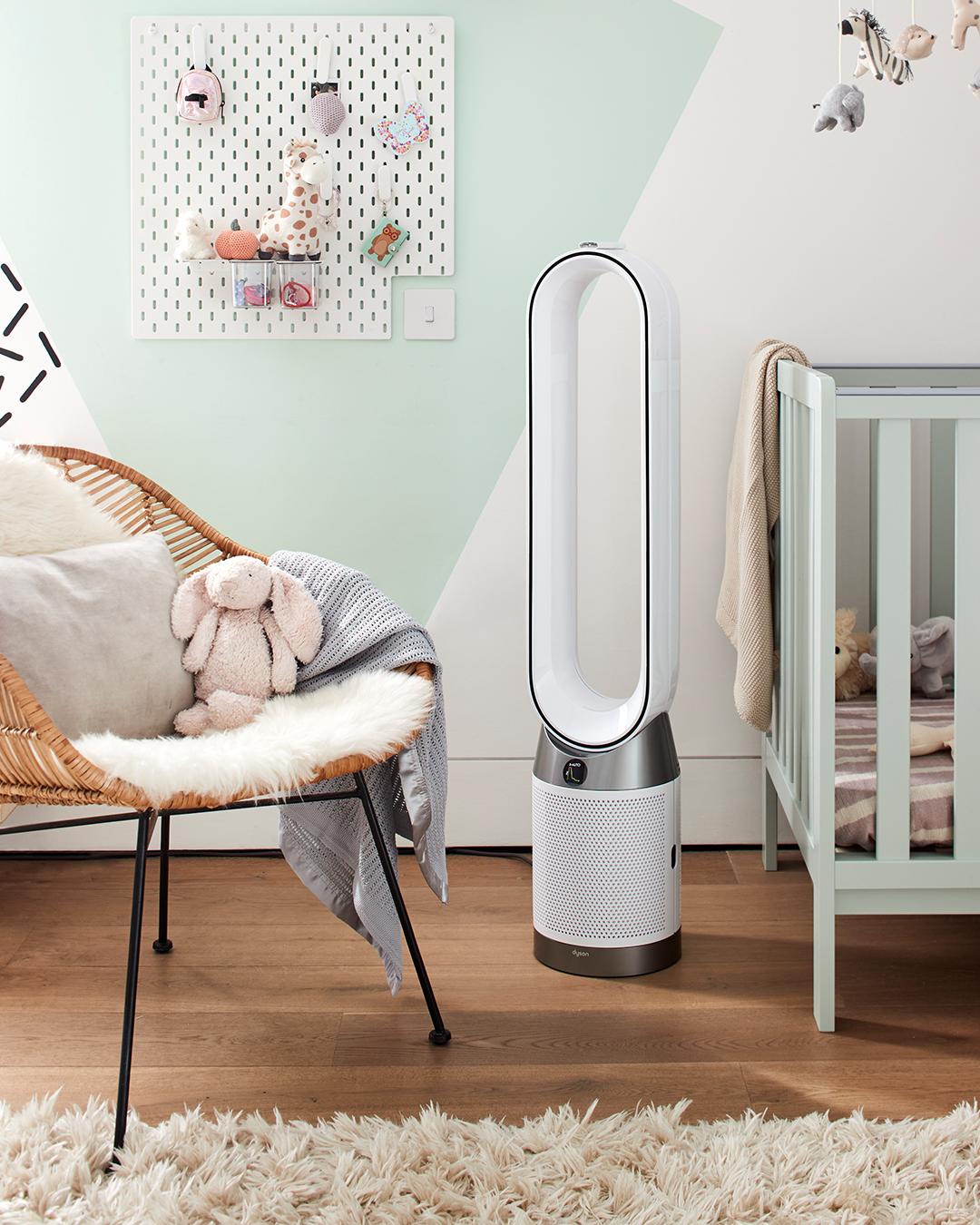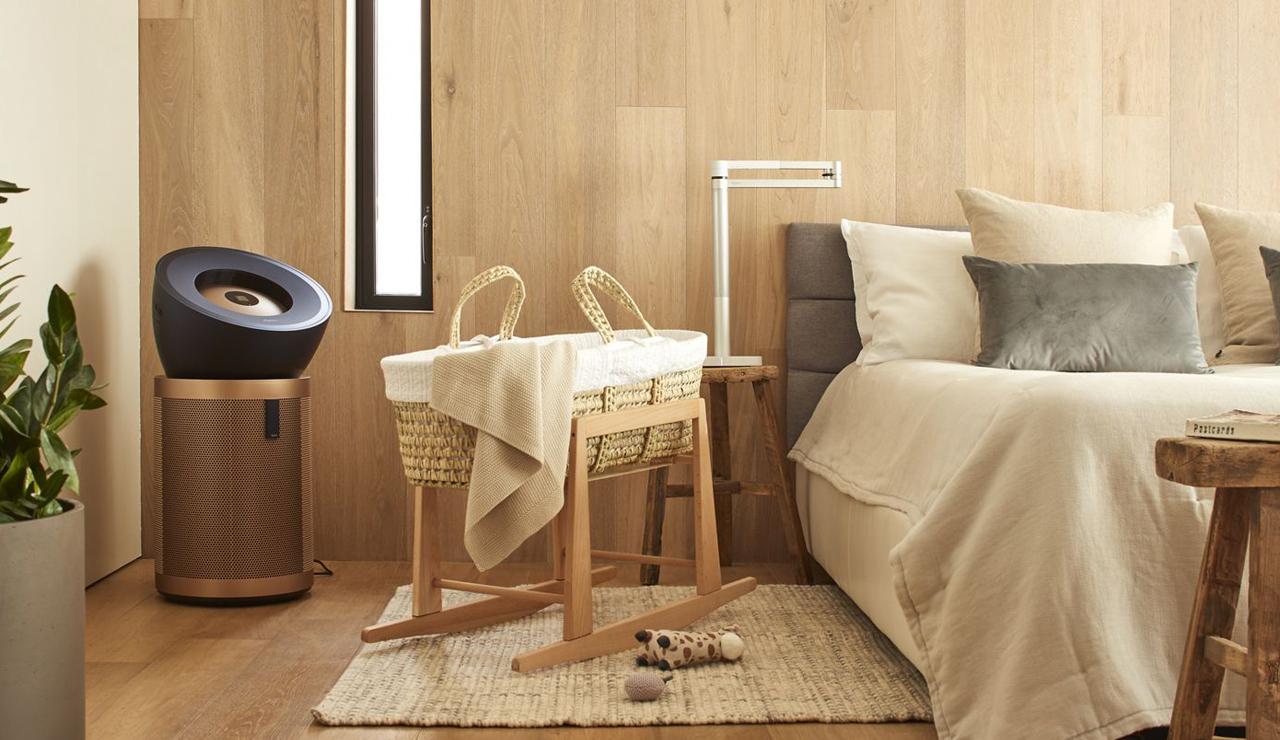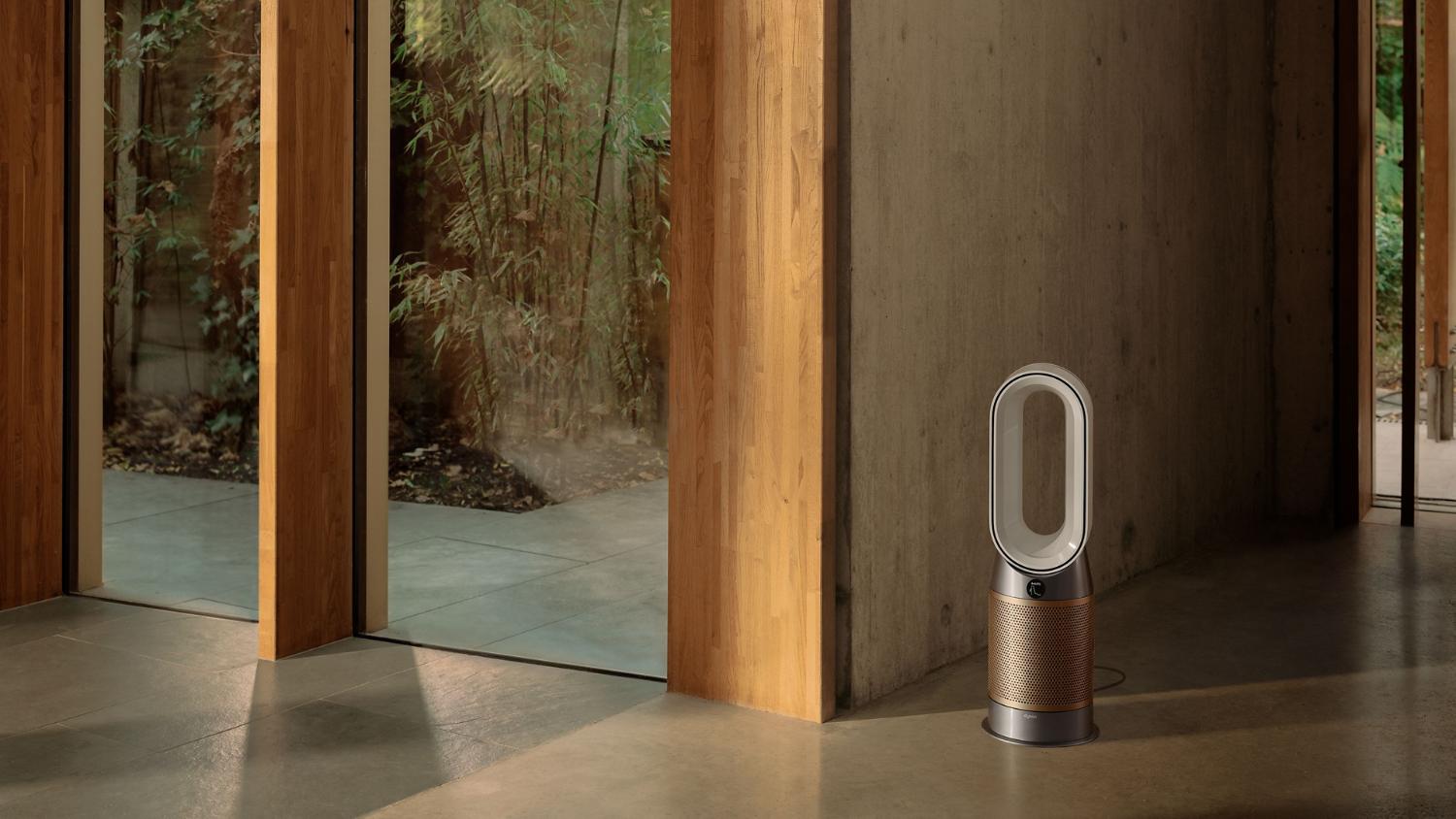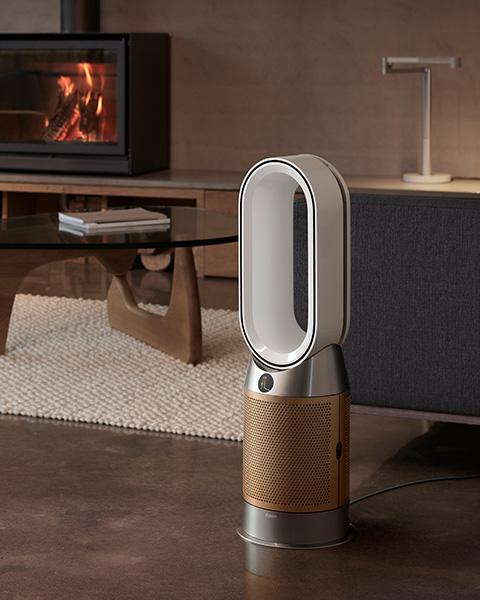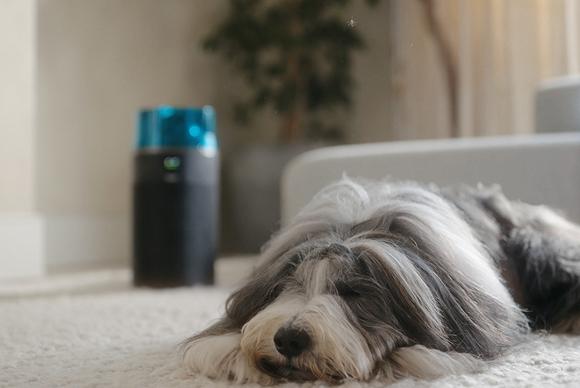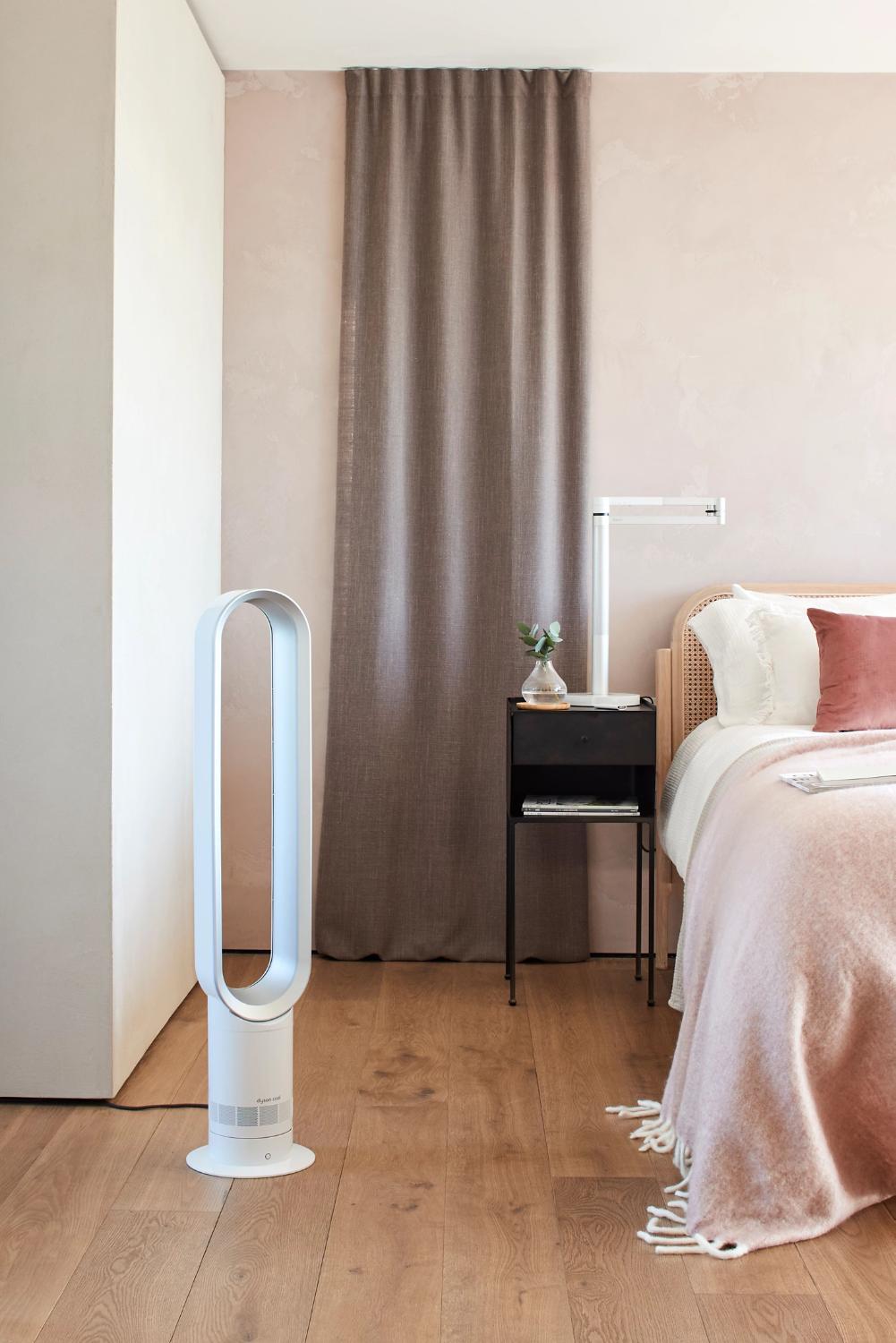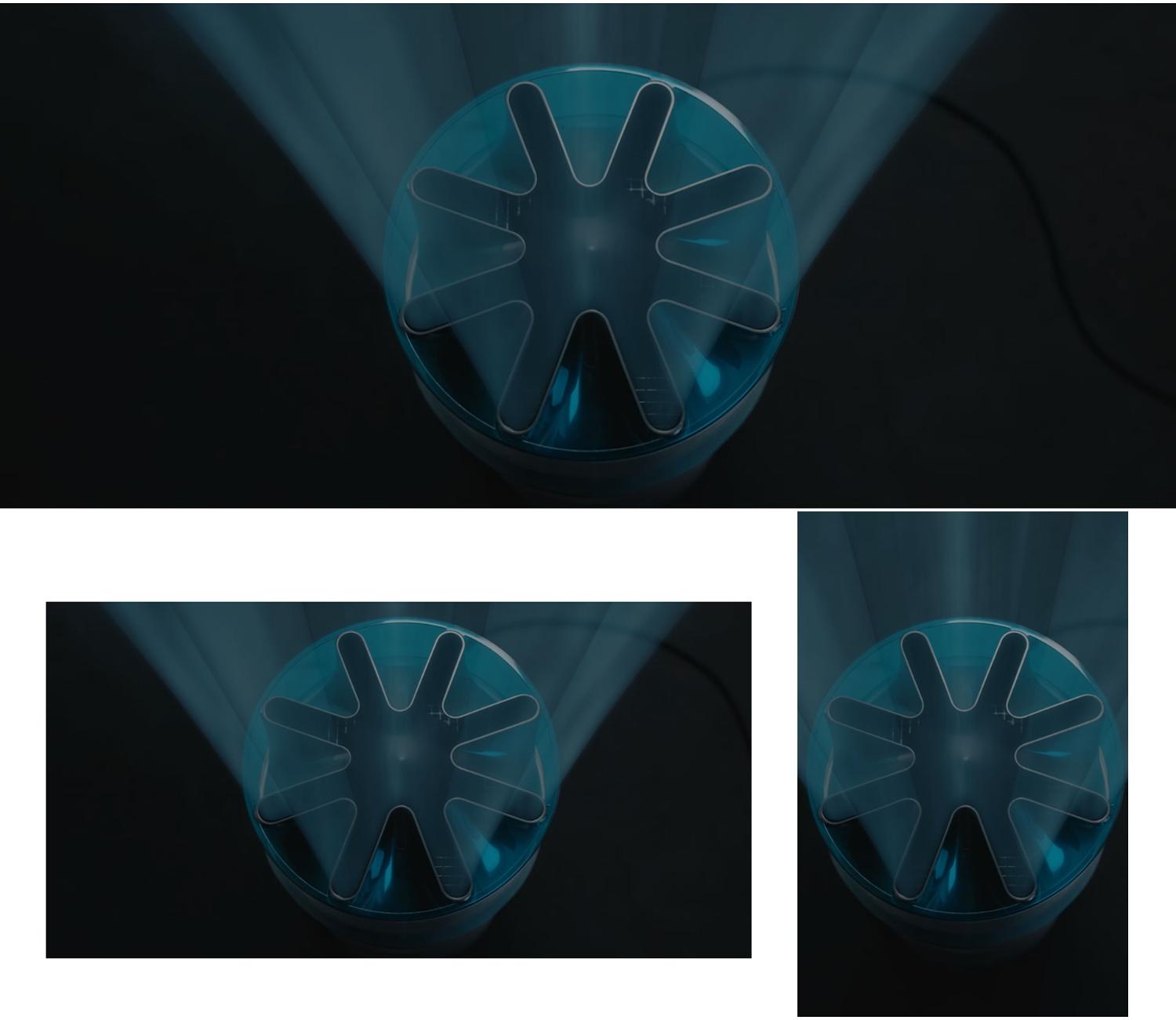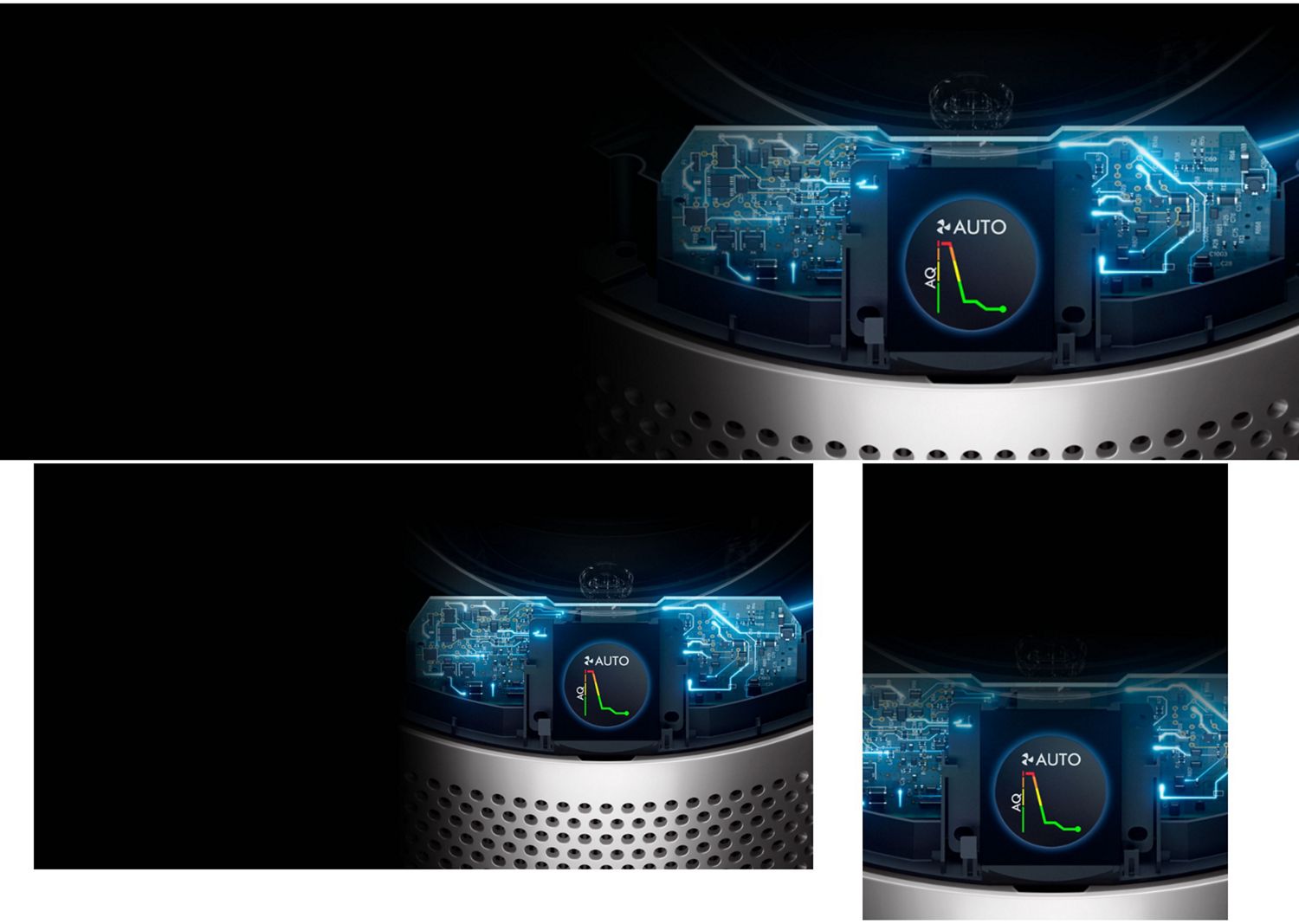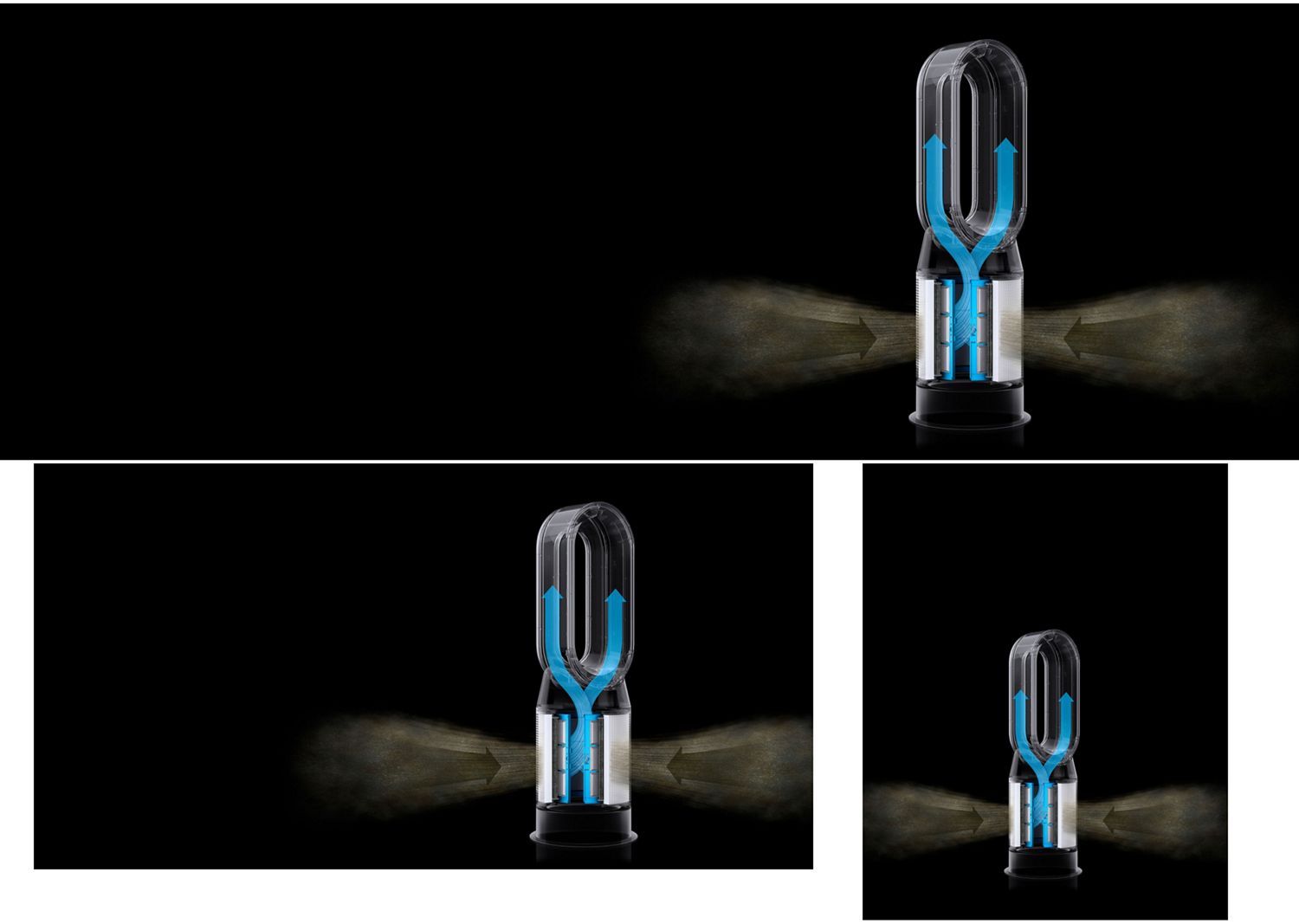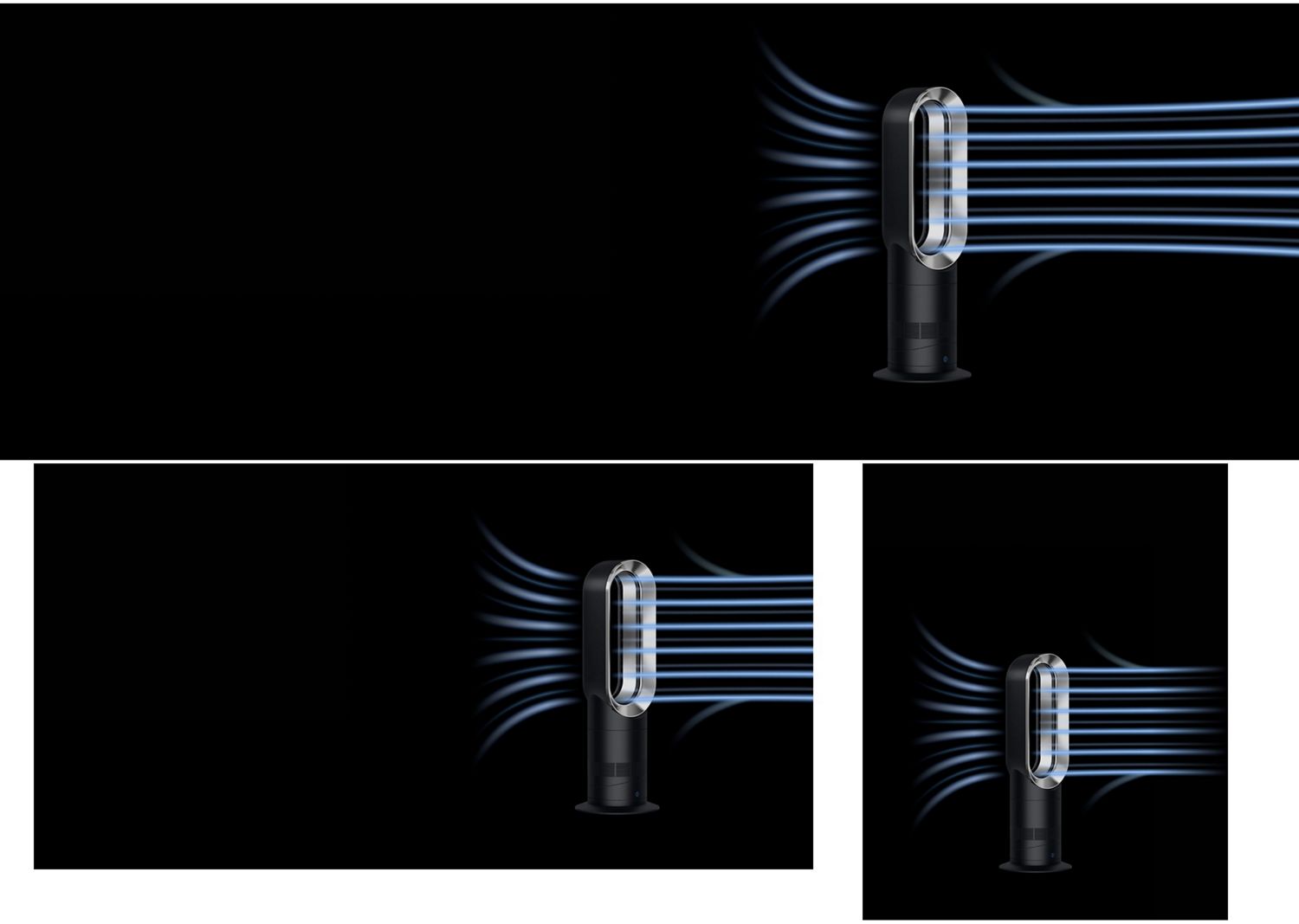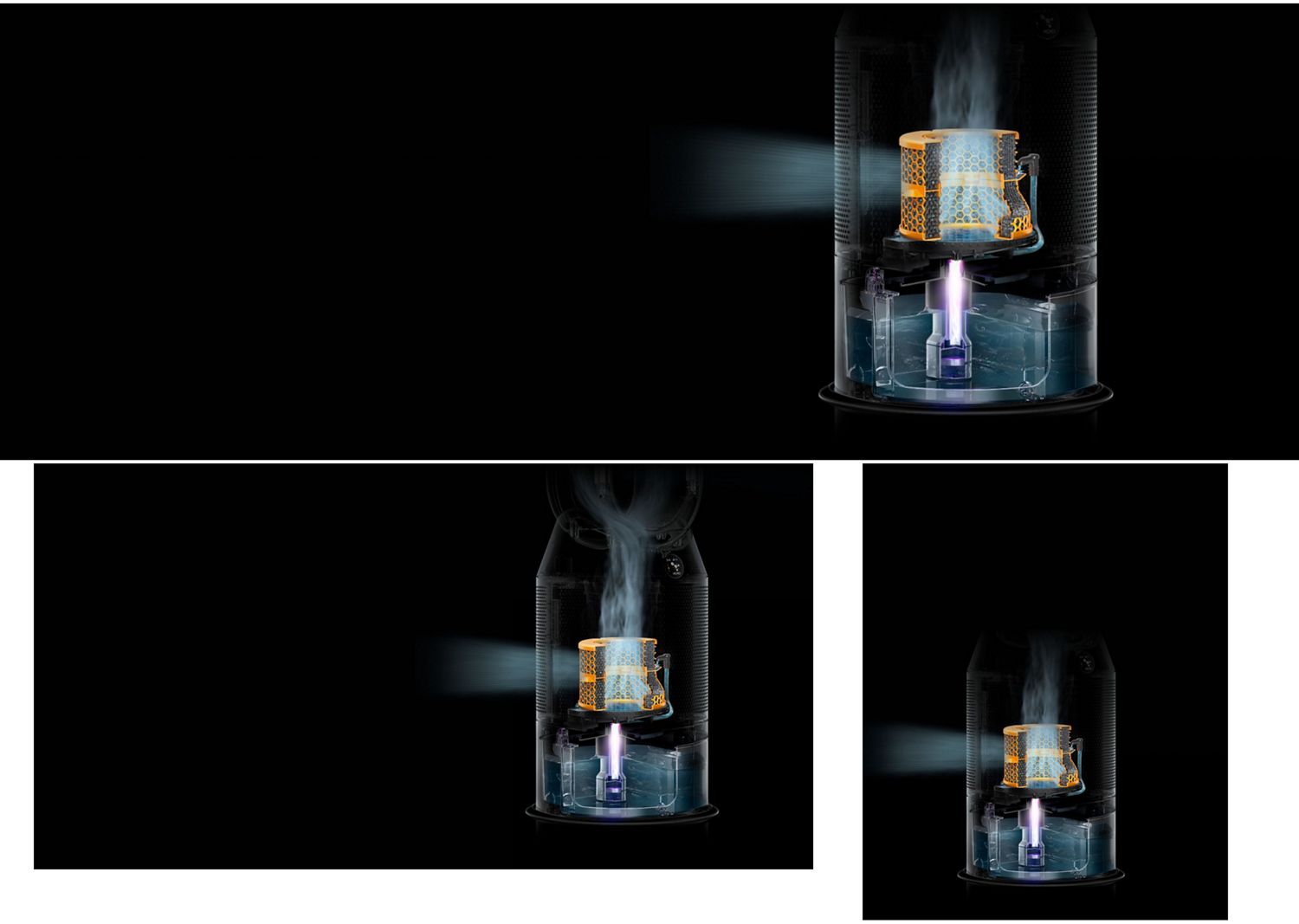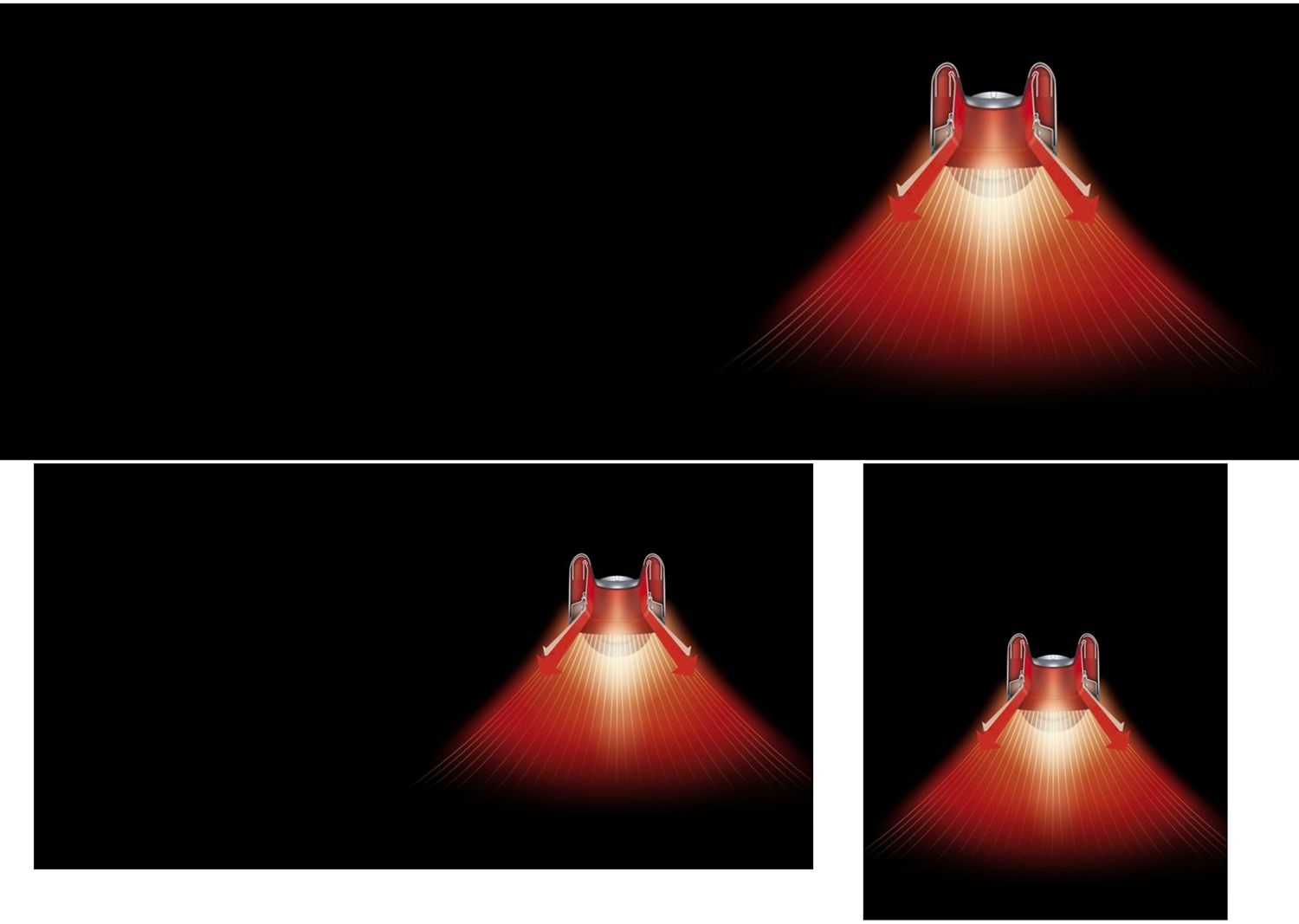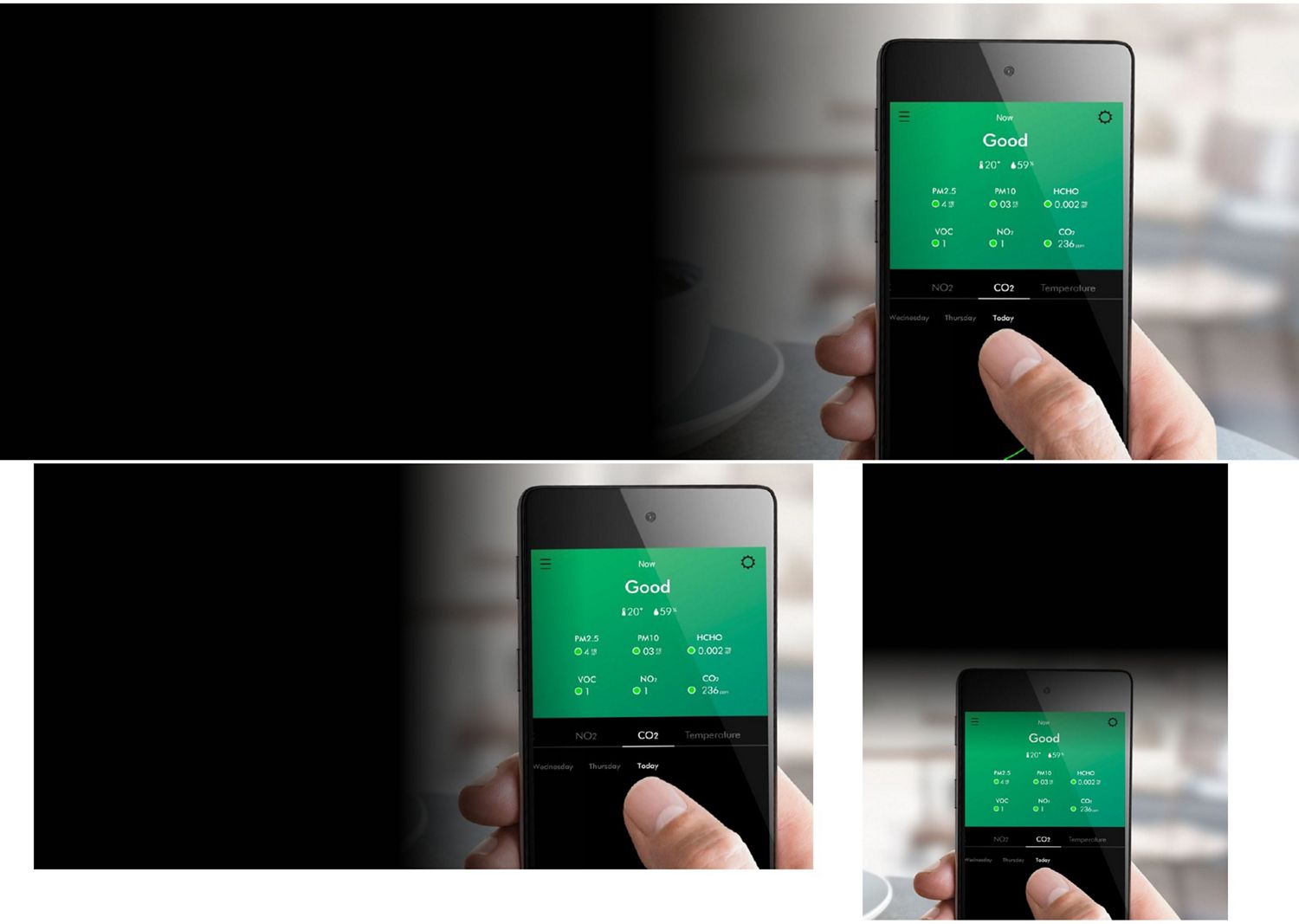Air treatment
Shop our full range of air purifiers, hygienic humidifiers, and powerful fans and heaters.

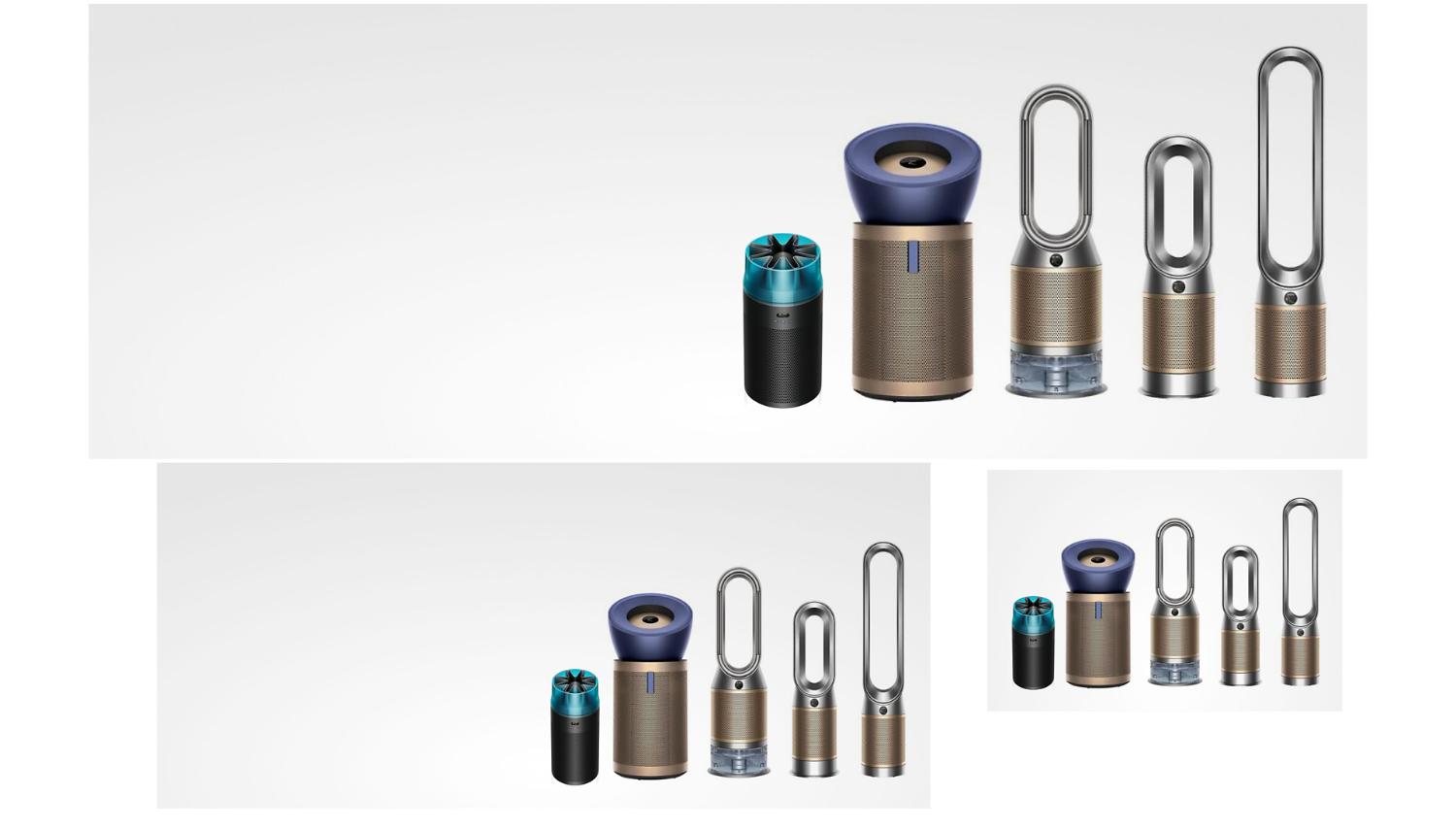
Pioneering air treatment technology
Frequently asked questions
Yes, air purifiers can be effective in improving indoor air quality by removing harmful particles and pollutants from the air.
Air purifiers work by using a combination of filters and technologies, such as HEPA (High Efficiency Particulate Air) filters and activated carbon filters to capture and eliminate airborne particles, such as dust, allergens, mold spores, pet dander, and some are proven to filter bacteria and viruses.
A humidifier is used to add moisture to the air in a room.
Dry indoor air can lead to a variety of problems, including dry skin, dry eyes, and throat irritation.
It can also aggravate respiratory conditions such as allergies or asthma, as dry air can irritate the nasal passages and make it harder to breathe.
Both humidifiers and air purifiers can be helpful for people with allergies, but they work in different ways and have different benefits.
Humidifiers add moisture to the air, which can soothe dry nasal passages and reduce irritation in the throat and lungs. This can be especially helpful for people with allergies that cause dry or irritated nasal passages, like hay fever.
Air purifiers, on the other hand, work to remove allergens from the air, such as dust, pollen, and pet dander. They use filters or other mechanisms to trap these particles and prevent them from circulating in the air.
No, an air purifier is not the same as a humidifier.
While both devices are designed to improve air quality, they work in different ways and serve different purposes.
An air purifier is designed to remove pollutants and other contaminants from the air, such as dust, pollen, pet dander, and smoke.
A humidifier, on the other hand, is designed to add moisture to the air to combat dryness.
Yes, you can use an air purifier and a humidifier together in the same room.
In fact, using both devices together can help to create a comfortable and healthier indoor environment. An air purifier can help to remove pollutants and contaminants from the air, while a humidifier can add moisture to the air to combat dryness.
If you have dry as well as polluted air in your home, then an air purifier with a humidification function is a good option. These all-in-one machines, such as the Dyson Purifier Humidify+Cool™, clean the air with filters and humidify it before blowing it back into the room.
When the air is dry, it can cause the skin to lose moisture, leading to dryness, flakiness, and itching. Humidifiers help add moisture to the air, which can help to alleviate dryness in the air, particularly during the winter months or in dry climates.
Low humidity levels can contribute to dry air developing in your home, which can cause dry skin. Humidifiers increase humidity levels in indoor spaces by adding moisture to the air.
Humidifiers help add moisture to the air. Through robust scientific testing, we found that humidified air from the Dyson Purifier Humidify+Cool range helps keep your skin hydrated.±
±Tested by a third party laboratory. Compared to dry ambient air.
²Gas capture rates may vary.
⁵Requires device to run app, Wi-Fi or mobile data, Bluetooth 4.0 support, and iOS version 10 or Android version 5 (or above). Standard data and messaging rates may apply. Refer to the MyDyson app for compatible voice services.
⁹Particle challenge by DEHS oil specified in EN1822 within a chamber specified in ASTM F3150.
Treat the air you breathe
Indoor air pollutants can build up in your home, but you can’t always see them. That’s why Dyson designed air purifiers that go beyond the test chamber and focus on real home conditions. Engineering machines that use vacuum-sealed, glass HEPA filter to automatically sense and capture 99.97% of particles as small as 0.3 microns. Because our HEPA air purifiers capture airborne particles and purify all year round, they make excellent air purifiers. Based on a 2017 Dyson Survey, 90% of people with allergies surveyed said they would recommend a Dyson purifier. Dyson room air purifiers and humidifiers can treat the air you breathe, helping you stay comfortable and breathe easier knowing that the air in your home is cleaner.

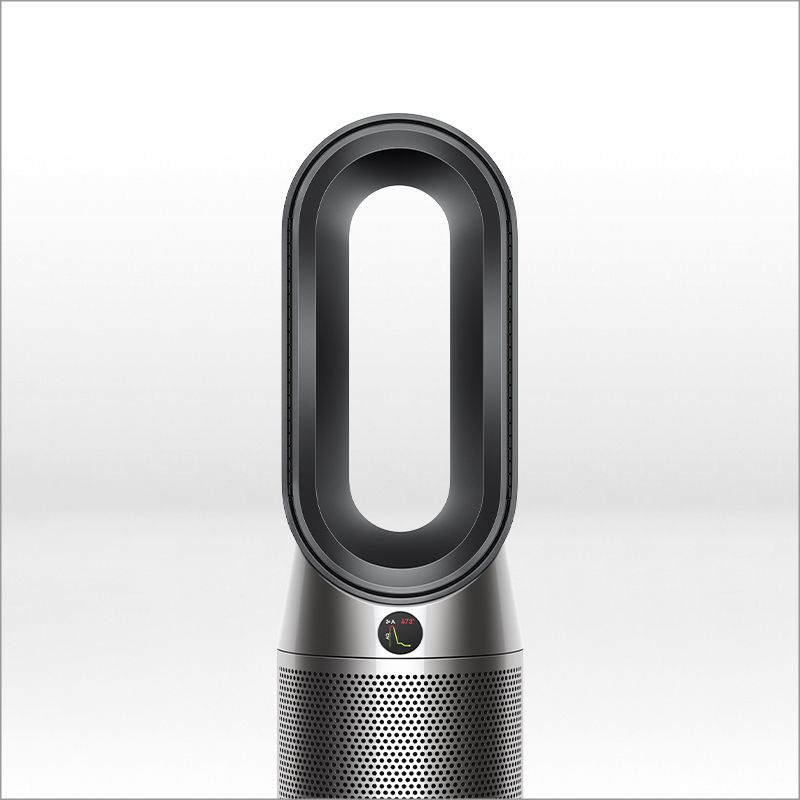
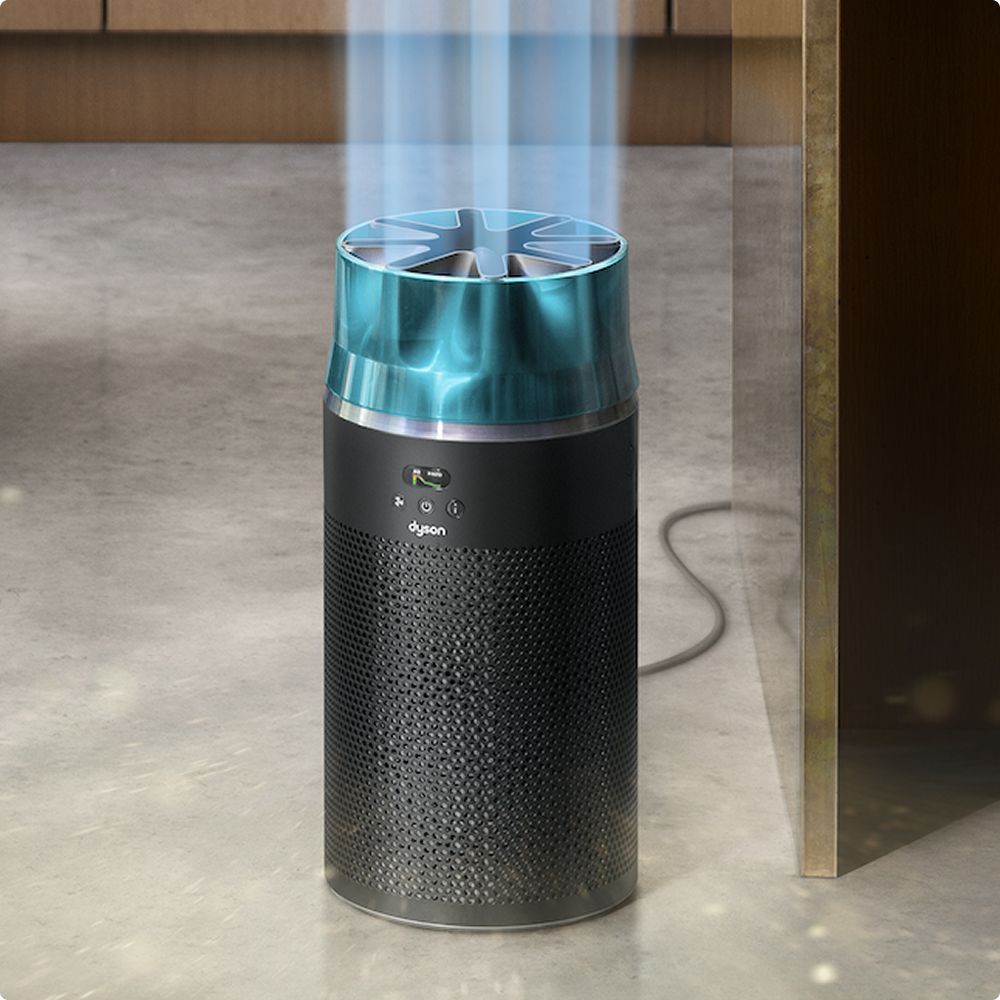
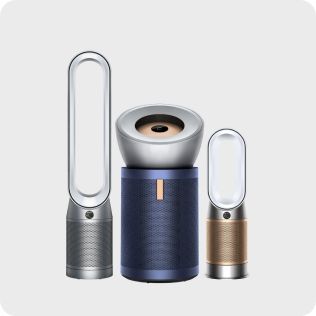
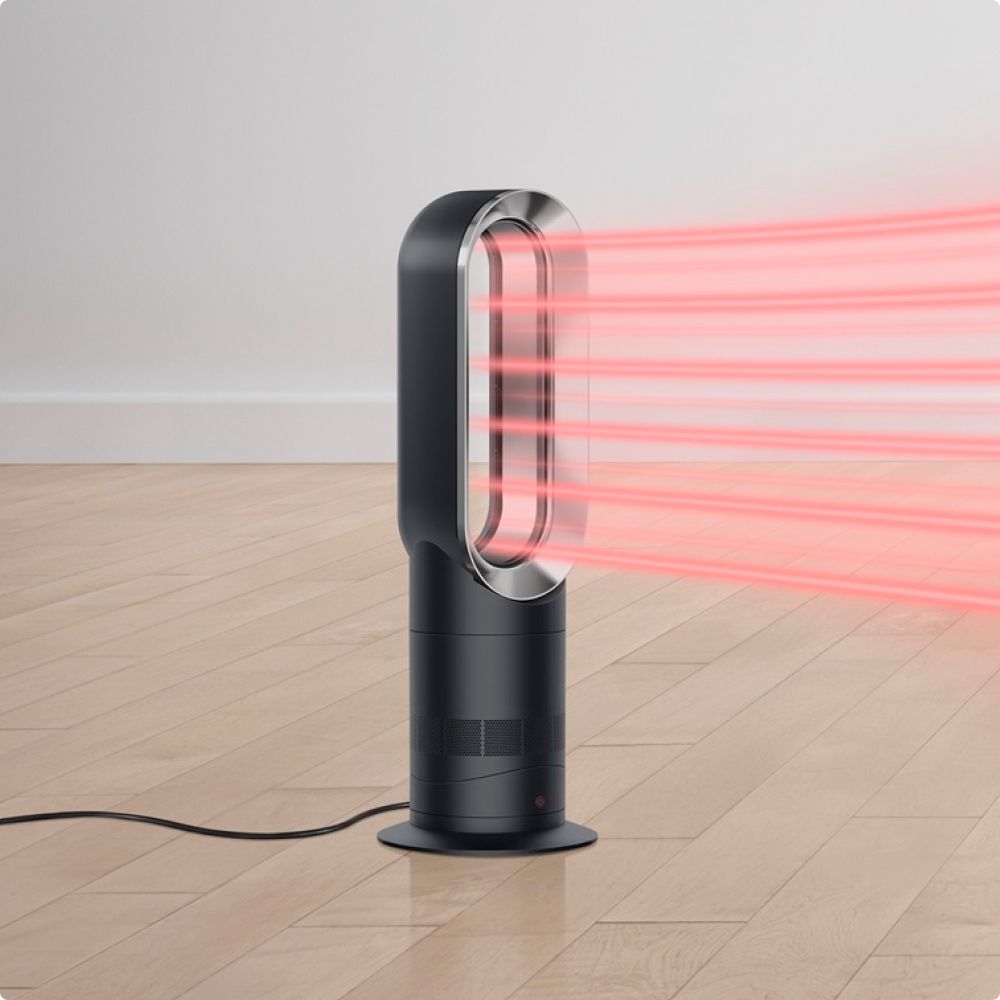
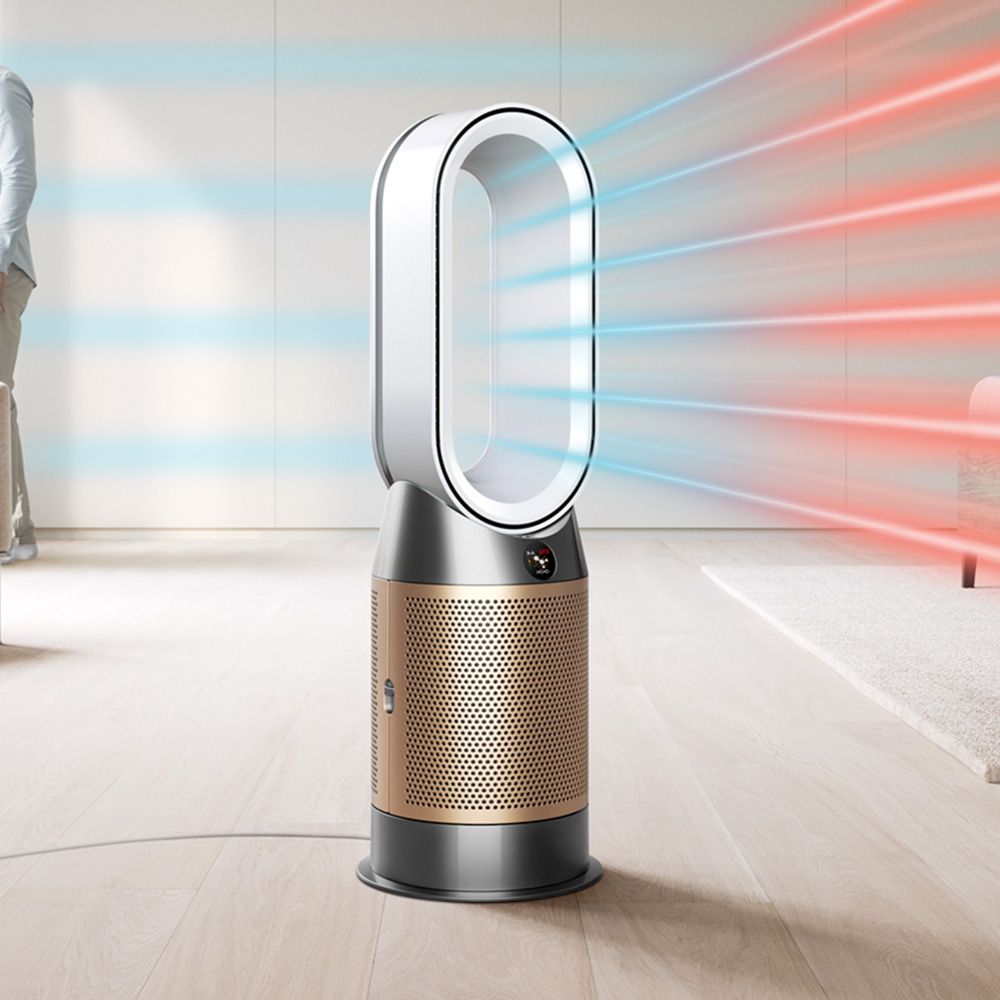
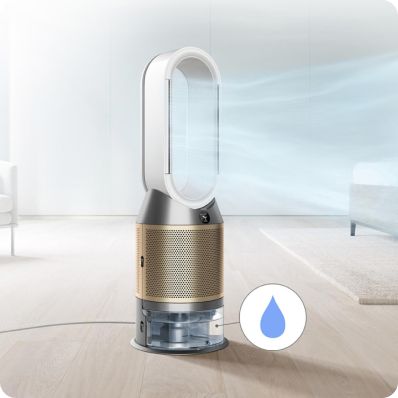
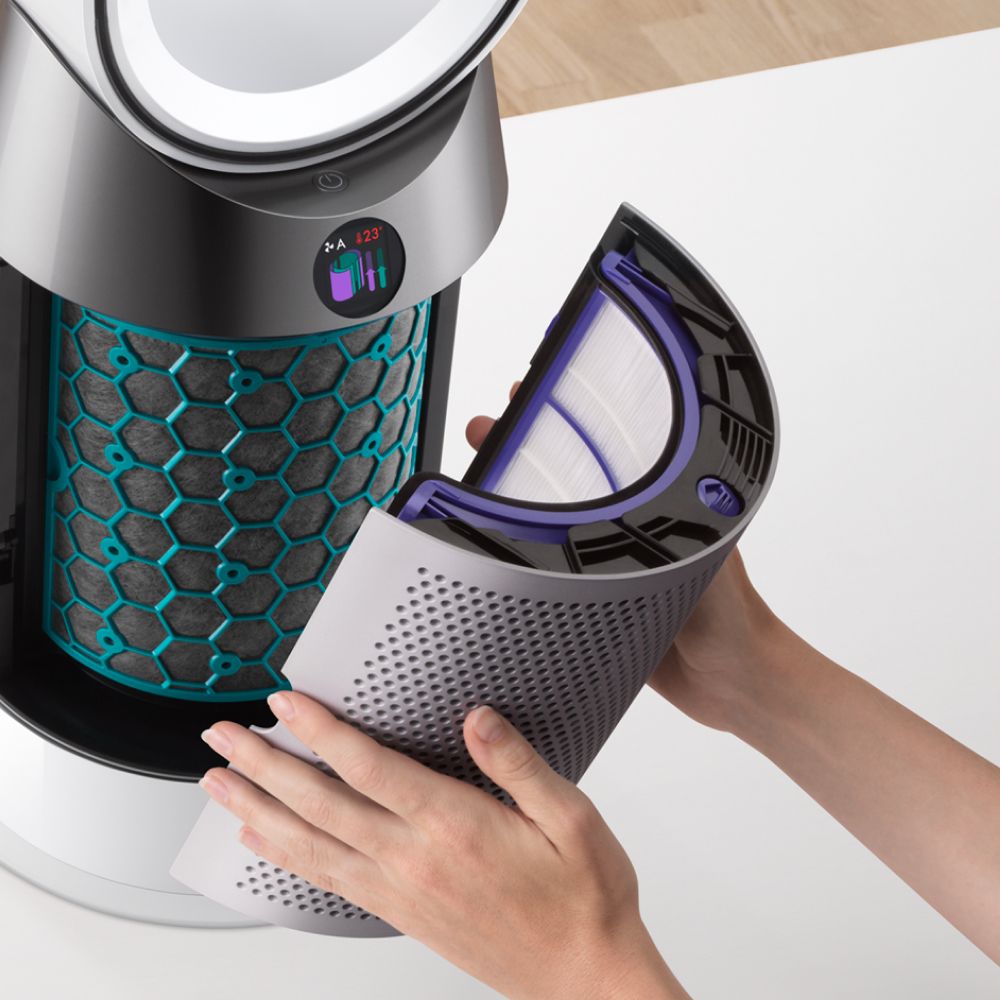
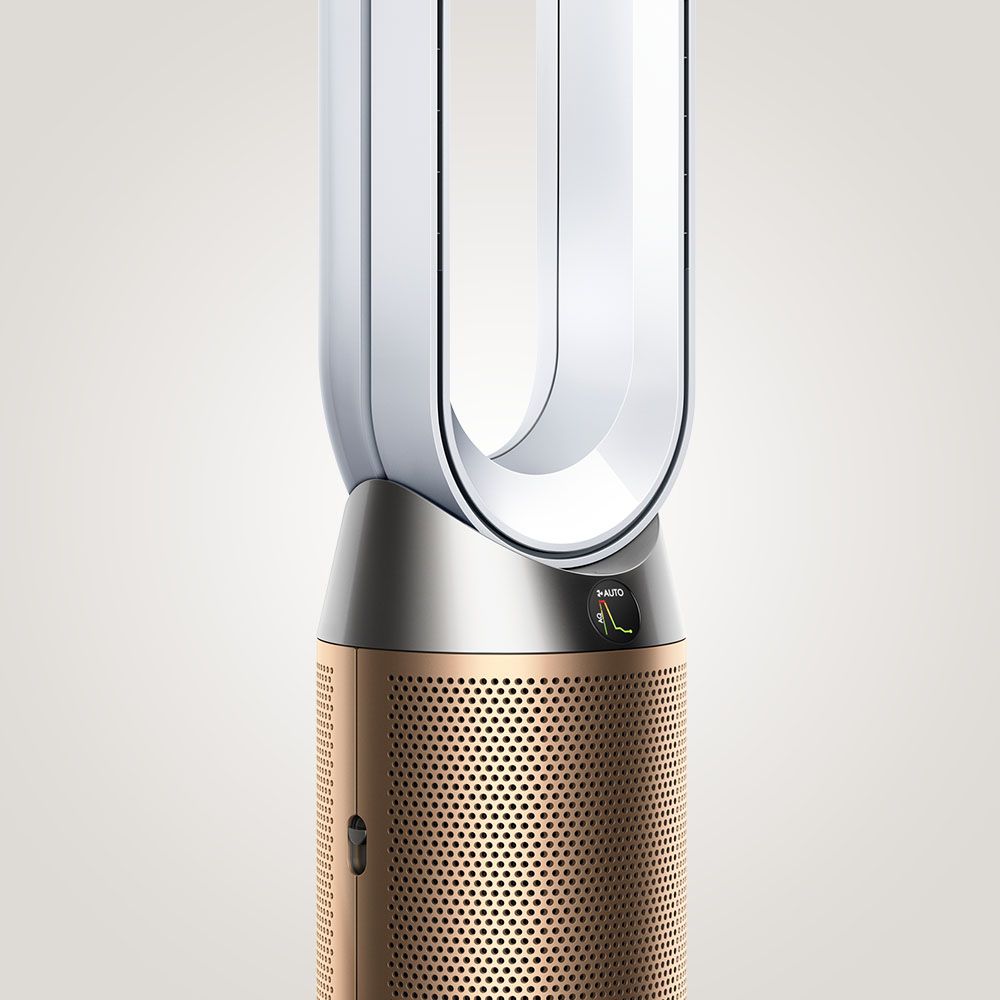

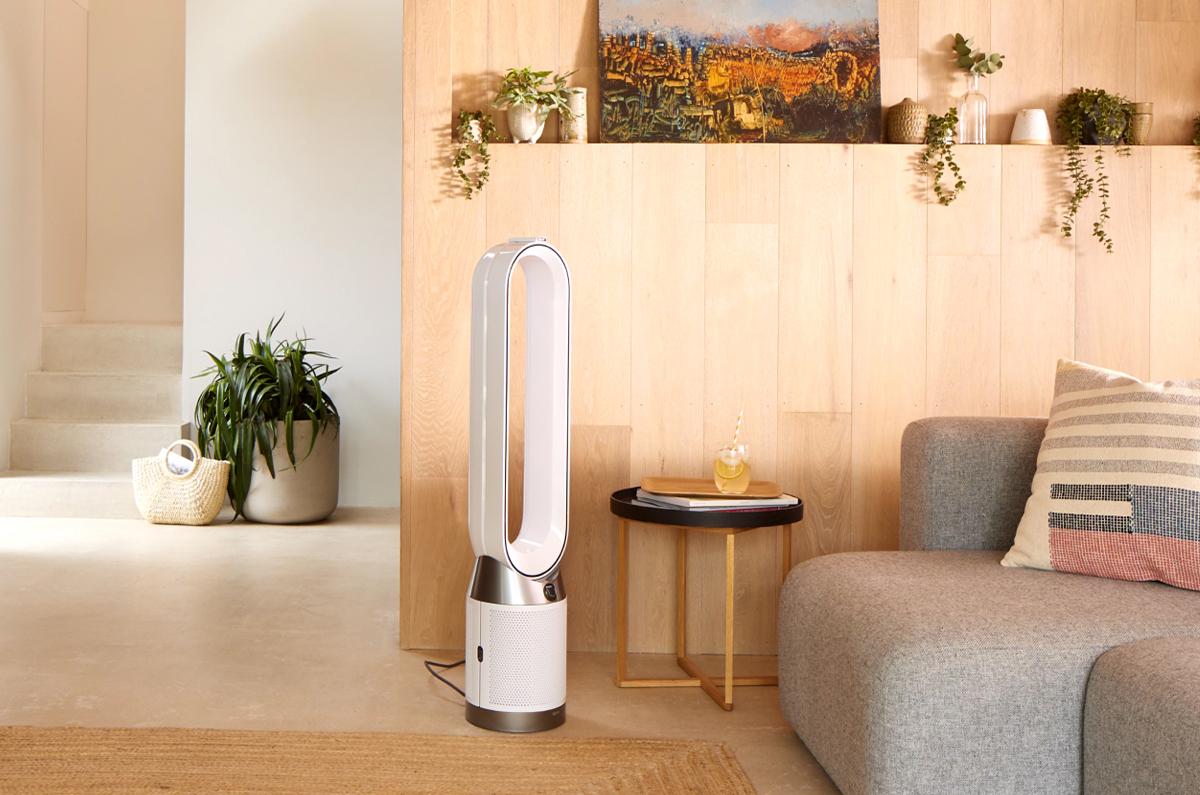
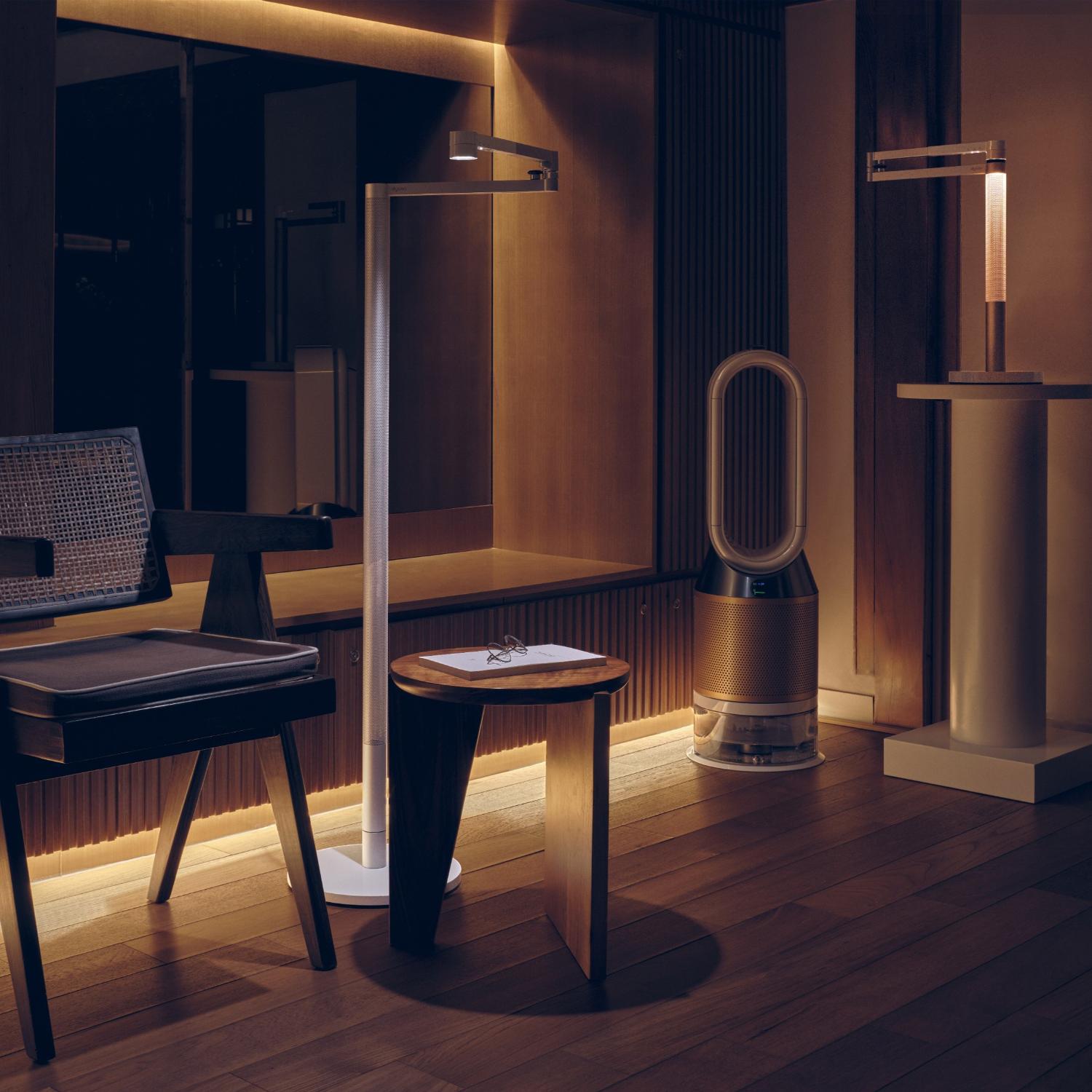
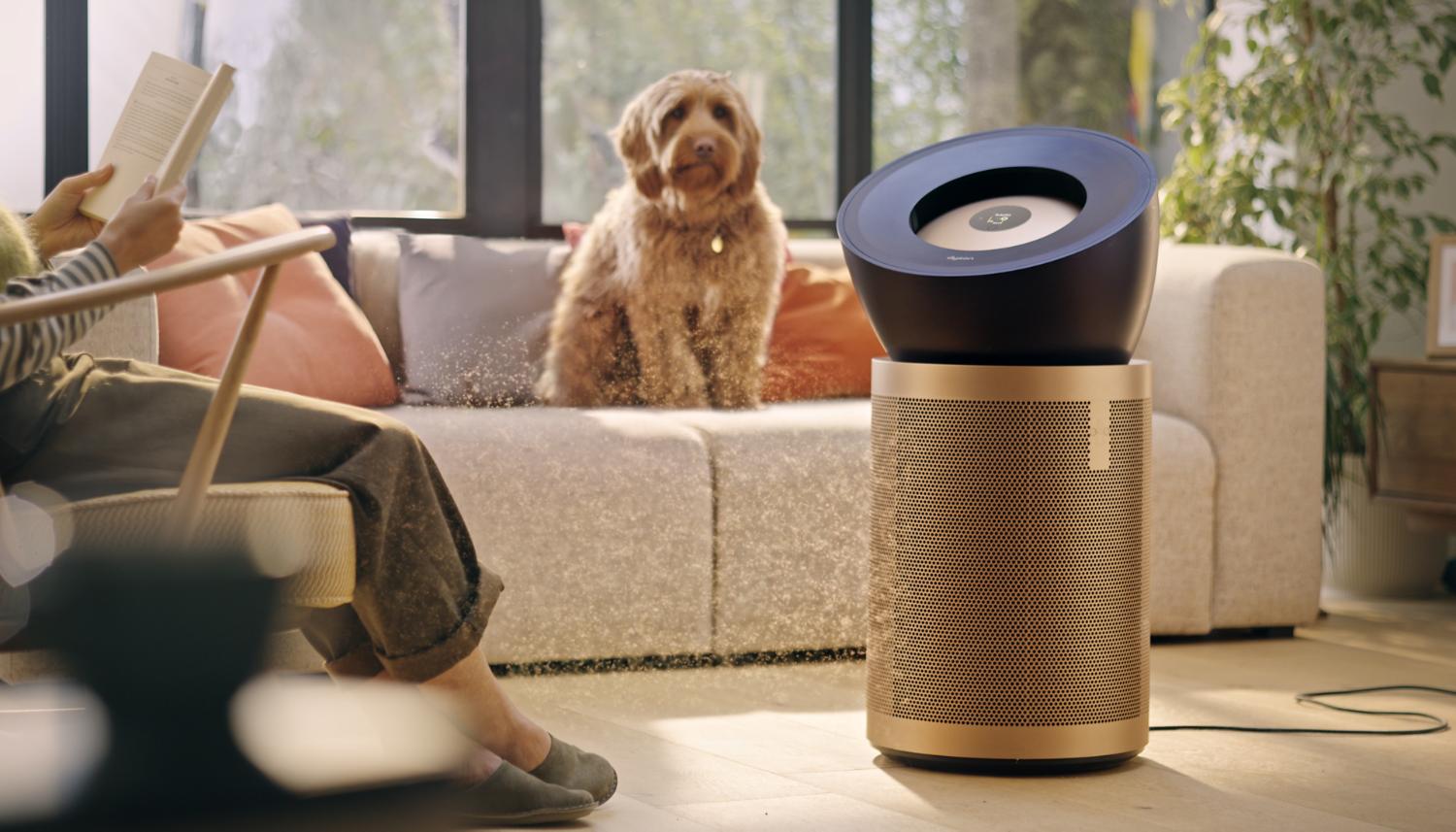
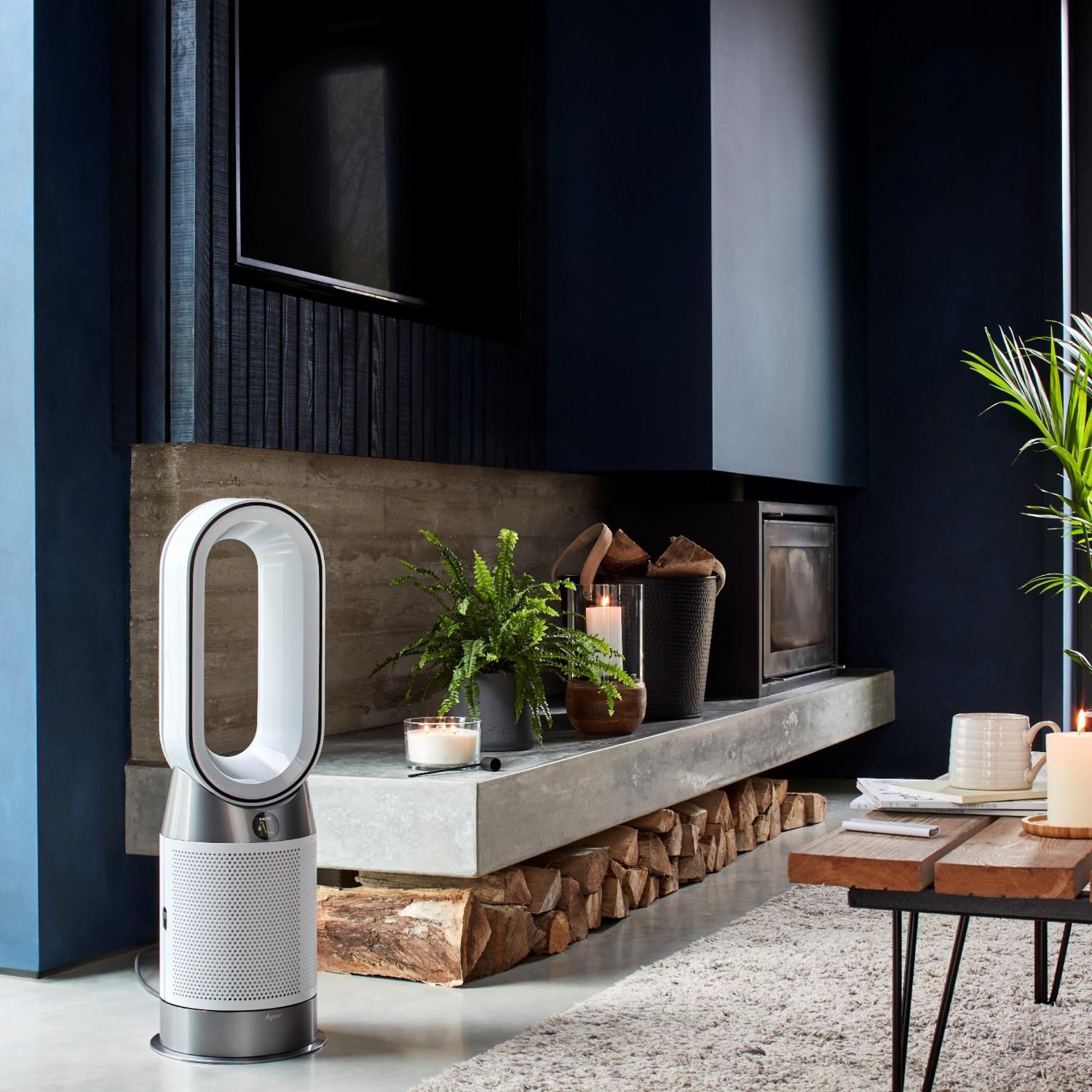
.jpg?$responsive$)
